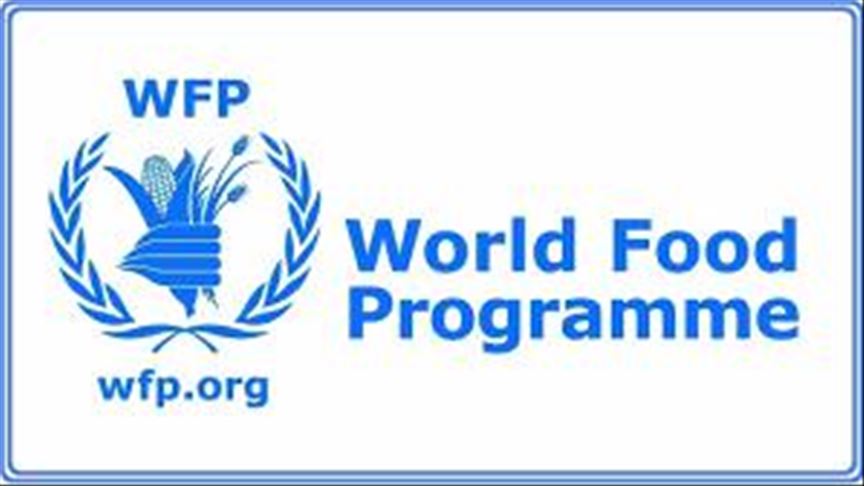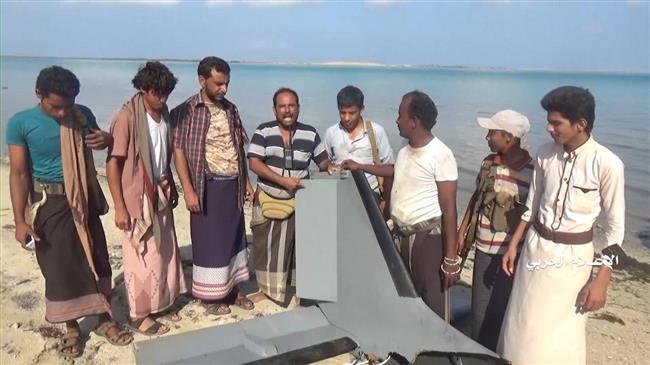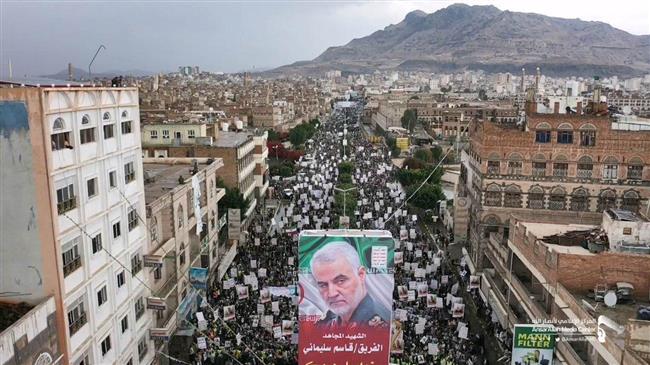The United Nations World Food Programme (WFP) began to partially suspend food assistance program to areas in Yemen, a UN spokesman said Friday.
Publish dateSaturday 22 June 2019 - 01:53
Story Code : 187124
UN partially suspends food assistance for Yemen
Decision 'taken as a last resort' after negotiations to introduce controls to stop food diversion stalled
AVA- The suspension falls within areas of the country that is under the control of authorities based out of the capital Sanaa, which will affect 850,000 people.
UN spokesman for the Secretary-General Stephen Dujarric said the decision was "taken as a last resort" after negotiations between both parties to introduce controls stopping the diversion of food had stalled.
However, the organization will continue their nutritional programs for children suffering from malnutrition, and pregnant and nursing mothers.
Yemen has been beset by violence and chaos since 2014, when Houthi rebels overran much of the country, including the capital Sanaa.
The crisis escalated in 2015 when a Saudi-led military coalition launched a devastating air campaign aimed at rolling back Houthi territorial gains.
Since then, tens of thousands of Yemenis, including civilians, are believed to have been killed in the conflict, while another 14 million are at risk of starvation, according to the UN.
According to UN figures, Yemen is facing one of the world’s worst humanitarian crises, with more than 10 million people driven to the brink of famine. More than 22 million people in Yemen are desperate for humanitarian aid and protection.
The spokesperson said that some people were trying to profit by praying on the most vulnerable and diverting food away from where it is most needed.
The organization suggested a biometric system that could identify individuals in order to ensure food reaches families in need of supplies the most.
Dujarric said the WFP "remains optimistic that a way forward can be found and is ready to immediately resume food distribution" once an agreement on the biometrics is reached.
UN spokesman for the Secretary-General Stephen Dujarric said the decision was "taken as a last resort" after negotiations between both parties to introduce controls stopping the diversion of food had stalled.
However, the organization will continue their nutritional programs for children suffering from malnutrition, and pregnant and nursing mothers.
Yemen has been beset by violence and chaos since 2014, when Houthi rebels overran much of the country, including the capital Sanaa.
The crisis escalated in 2015 when a Saudi-led military coalition launched a devastating air campaign aimed at rolling back Houthi territorial gains.
Since then, tens of thousands of Yemenis, including civilians, are believed to have been killed in the conflict, while another 14 million are at risk of starvation, according to the UN.
According to UN figures, Yemen is facing one of the world’s worst humanitarian crises, with more than 10 million people driven to the brink of famine. More than 22 million people in Yemen are desperate for humanitarian aid and protection.
The spokesperson said that some people were trying to profit by praying on the most vulnerable and diverting food away from where it is most needed.
The organization suggested a biometric system that could identify individuals in order to ensure food reaches families in need of supplies the most.
Dujarric said the WFP "remains optimistic that a way forward can be found and is ready to immediately resume food distribution" once an agreement on the biometrics is reached.
avapress.net/vdccimqs02bq4s8.-ya2.html
Tags
Top hits












